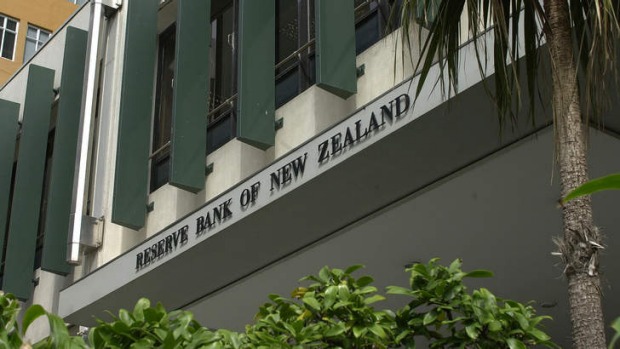Yesterday, the Reserve Bank of New Zealand announced that they would be releasing a series of issue papers which explore how New Zealanders pay and save. The papers are set to consider what a “resilient and stable cash and currency system in New Zealand might look like, and how we might best respond to digital innovations in money and payments,” according to Mr Hawkesby, the Reserve Bank’s General Manager of Economics, Financial Markets and Banking.
“Understanding the moods and attitudes of the consuming public is a critical step in building a plan for the future of anything, particularly something as critical as money. Digital innovation, particularly that brought on by blockchain technologies, is most definitely here to stay, but it is important to get a gauge on the comfortability of the public when deciding how best to implement the technologies available. For some countries, there will be a steep educational curve required to implement a CBDC. In others, it will come more naturally. Getting the public educated on the benefits of digital assets is going to be a key part of how successful the rollout will eventually be,” said Richard Gardner, CEO of Modulus, a US-based developer of ultra-high-performance trading and surveillance technology that powers global equities, derivatives, and digital asset exchanges.
According to the Reserve Bank’s release, it aims to “introduce and seek feedback on the broad concepts of money and cash stewardship, and outline specific topics to be covered in the rest of the series. Subsequent papers will look at the potential for a Central Bank Digital Currency (CBDC) to work alongside cash as government-backed money, issues arising from new electronic money forms including crypto assets (such as BitCoin) and stable coins (such as proposed by a Facebook-led consortium), and how the cash system might need to change to continue to meet the needs of users.”
“In countries with a strong value attachment to cash, I think that this exploratory process is really going to pay dividends over the long-term. In certain cultures, and among certain generations, there is a strong desire to hold cash. There are a plethora of reasons for it. Understanding your constituency, and understanding their beliefs and needs, is something that is critical when you ask the public to buy into a concept that is relatively new to them,” offered Gardner.
Modulus is known throughout the financial technology segment as a leader in the development of ultra-high frequency trading systems and blockchain technologies. Over the past twenty years, the company has built technology for the world’s most notable exchanges, with a client list which includes NASA, NASDAQ, Goldman Sachs, Merrill Lynch, JP Morgan Chase, Bank of America, Barclays, Siemens, Shell, Yahoo!, Microsoft, Cornell University, and the University of Chicago.
The release noted, in particular:
While most of us are keen to pay electronically, we know from research we’ve published today, feedback, and news reports that some communities, personal and retail customers are struggling with the loss of cash and in-person banking services despite banks’ efforts to help them adapt.
However, we also know that digital forms of payment are the preferred way of paying for the majority of us, and that the future will undoubtedly involve less cash. Our job is to ensure that these transitions work for all New Zealanders.
The potential for a Central Bank Digital Currency to help address some of the downsides of reducing physical cash use and services is something we want to explore for New Zealand. A CBDC, similar to digital cash, might well be part of the solution, but we need to test our assessment of the issues and proposed approach before developing any firm proposals.
“Anybody who has ever dealt with cultural change, whether it is in a business, across an industry, or even within a family, knows that nothing is more important to the success of an initiative than getting the buy-in of those involved. Getting buy-in begins with having the conversation about where we need to go. Involving the stakeholders early could allow them to offer solutions which will enhance the eventual rollout and reduce stress on all parties. These issue papers, based on the studies they’re currently running, could be something that other jurisdictions may want to follow and consider replicating,” said Gardner.


 Billionaire Watch3 weeks ago
Billionaire Watch3 weeks ago
 Startups4 weeks ago
Startups4 weeks ago
 News4 weeks ago
News4 weeks ago
 News4 weeks ago
News4 weeks ago
 Bitcoin4 weeks ago
Bitcoin4 weeks ago
 Naira4 weeks ago
Naira4 weeks ago
 Forex3 weeks ago
Forex3 weeks ago
 Treasury Bills4 weeks ago
Treasury Bills4 weeks ago
























